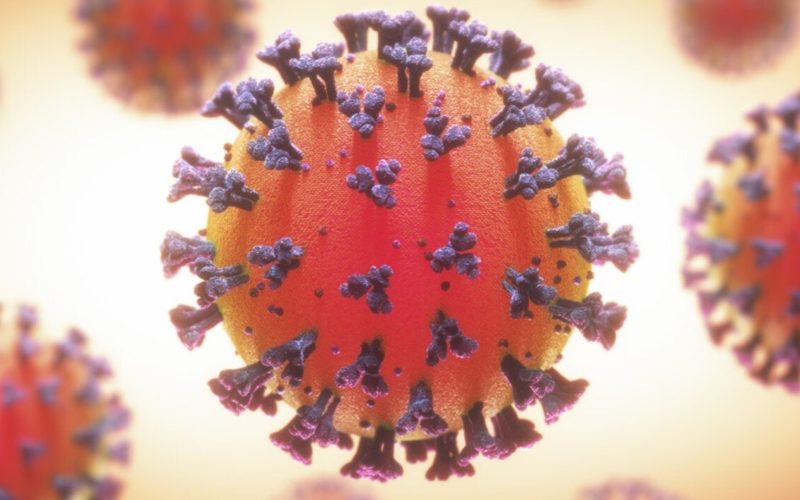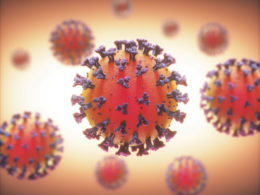Covid-19 affects different people in different ways. Some have reported struggling with severe effects of the pandemic which include memory loss.
Mpilo Hospital acting chief executive officer Professor Solwayo Ngwenyao said Covid-19 can cause damage to the vital organs.
“Yes, it causes a considerable amount of damage to vital organs like the brain, heart, lungs, and muscles. It is called long Covid-19 and currently, we still don’t know what will happen in the future,” said Professor Ngwenya.
In addition, The Health Desk Experts said there is recent research from the University of Oxford published in March 2022 which studied the brains of 785 adult survivors of Covid-19 by taking brain scan images.
The study found that these individuals had changes in the structure of their brains beyond what is usually expected with normal ageing.
“People in the United Kingdom study had two brain scans on average over a three-year period. Researchers used magnetic resonance imaging (MRIs) to get high-quality images of volunteers’ brains so they could compare them over time. These images were examined for changes over time, and brain scans of people who went on to get Covid-19 were compared to those who did not get Covid-19 in the study period (the control group),” said the Health Desk Experts.
They said the researchers found that changes to brain structure even occurred in people who had mild Covid-19. “Brain tissue damage was most likely to occur in areas of the brain associated with smell, emotions, and memory.”
“While only a small handful of the patients in the study were hospitalized and only two received critical care, the brains of patients in the study who had Covid-19 overall had a reduction in thickness or grey matter, a reduction in whole-brain volume, and an increase in cerebrospinal fluid volume (which puts pressure on the brain and is generally bad for the brain). These changes were specific to Covid-19 survivors, even when compared to people who had other respiratory diseases. For example, these changes did not occur in people who had non-Covid pneumonia.
The Experts said Covid-19 survivors also had weaker brain connections and showed poorer performance on thinking and memory tests.
“There may be some link between these changes in the brain and some of the symptoms frequently reported after Covid-19 both in the short and long-term, such as ‘brain fog.’ People who survived Covid-19 also showed brain-related abnormalities including a worsening of executive function, which is essential to “the management system of the brain” that impacts focus and organization. This worsening in executive functioning was found even in patients with mild symptoms.”
They added that more research is needed to better understand the impacts of Covid-19 on the brain in the short to long term.
“While this study found more brain damage overall in people who had Covid-19 compared to people who didn’t, this does not mean that every person who has been infected with Covid-19 will have changes happen to their brain,” they said.
“This study established a likely link between Covid-19 and brain damage on average, meaning more research is needed to help us establish a causal link and understand how much the virus is actually directly leading to any brain damage, and not each individual person will experience brain damage from Covid-19.”
The Health Desk Experts said it is also currently unclear if any changes to the brain are long-term or can be reversed.
“One limitation in the study is that no information about symptoms or experiences with long Covid were obtained, so scientists have been unable to link brain changes to specific symptoms or long-lasting impacts of the virus. Information about vaccination status was also not known or factored into the study,” they said.
“Changes in the brain following Covid may have occurred for numerous reasons including inflammation, degeneration through certain pathways, or sensory deprivation. Further research will help us to understand brain changes that are connected to the virus itself and not these other potential causes.”







